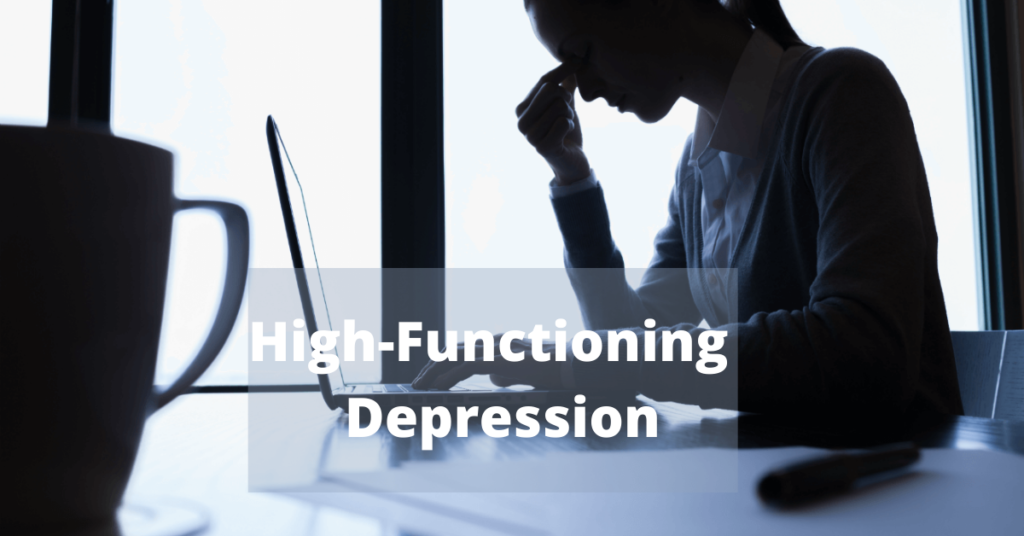Depression is a serious mental illness that can be debilitating and lead to suicide. It affects more than just the individual with depression, but also their family members or friends that are close to them. In this blog post, we will discuss what it’s like to live with high functioning depression and how you can help someone who has it.
Contents
What Is High Functioning Depression?
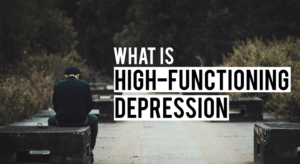 High functioning depression, also sometimes referred to as dysthymia or “atypical depression”, is a form of depressive disorder. It presents with less severe symptoms than major depression. People who suffer from high functioning depression may appear to be relatively happy and well-adjusted on the surface, but they are still struggling with chronic low moods and feelings of emptiness or hopelessness.
High functioning depression, also sometimes referred to as dysthymia or “atypical depression”, is a form of depressive disorder. It presents with less severe symptoms than major depression. People who suffer from high functioning depression may appear to be relatively happy and well-adjusted on the surface, but they are still struggling with chronic low moods and feelings of emptiness or hopelessness.
This type of depression can be especially difficult to diagnose. This is because many people do not realize that they are struggling with a mental health disorder. Friends and family members may also be reluctant to believe that someone who seems so “put together” could actually be dealing with a serious problem.
Understanding High-Functioning Depression vs Major Depression
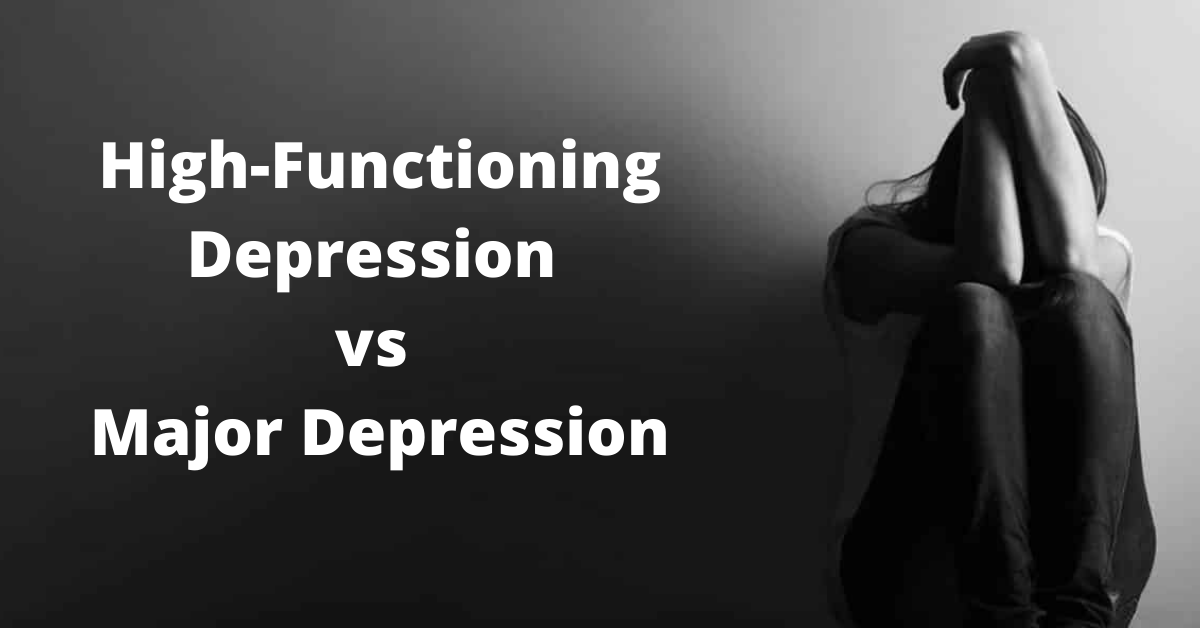
The symptoms of high functioning depression are not as severe as those of major depression. But they can still be very disruptive to a person’s life. People with high functioning depression may find it difficult to concentrate, stay motivated, or enjoy activities that used to bring them pleasure. They may also experience problems with sleep and changes in appetite.
If you think you may be suffering from high functioning depression, it is important to seek professional help. There are many treatments available. These can help improve mood symptoms and allow you to live a fuller life.
Symptoms of High Functioning Depression
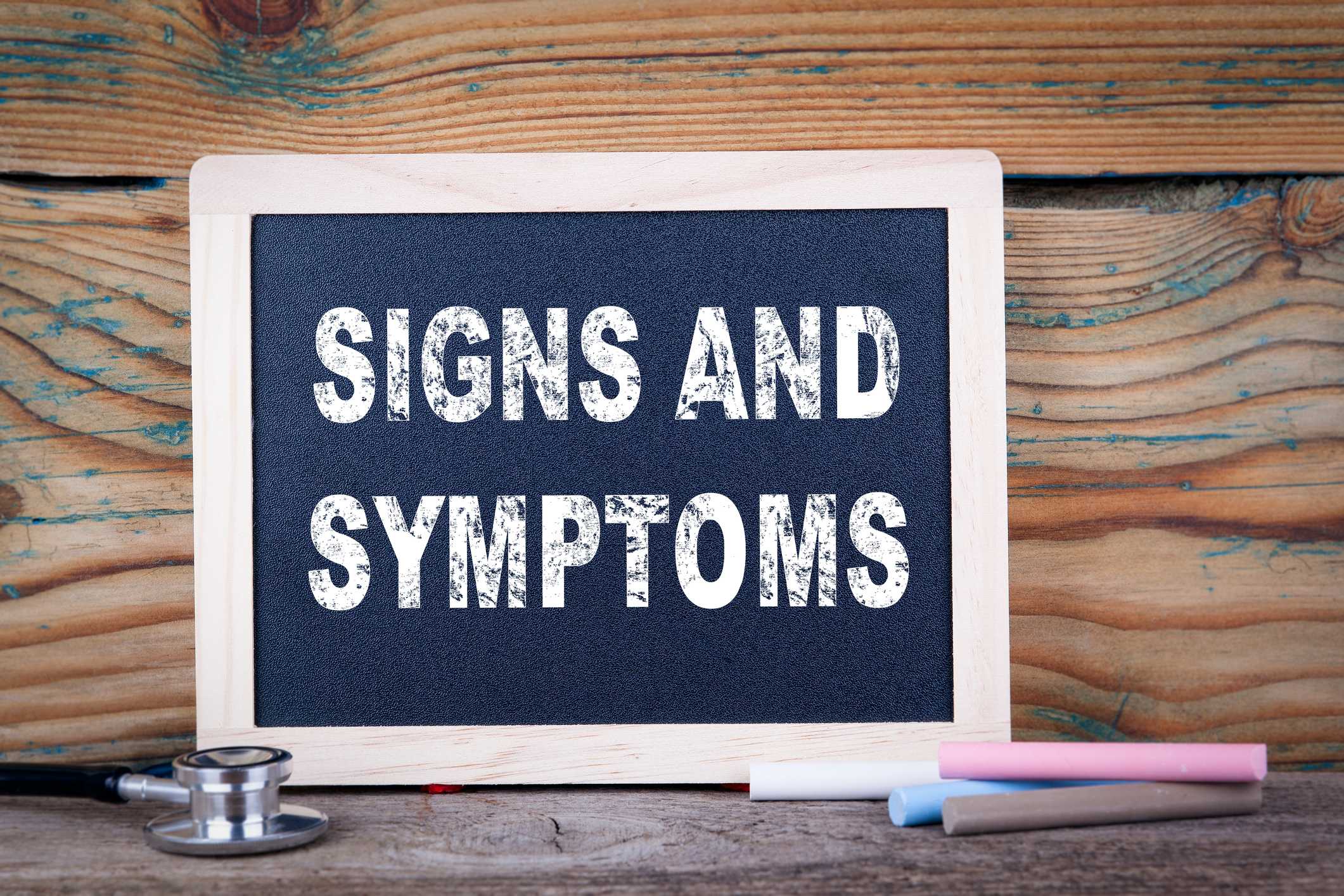
These are some of the symptoms of this depression:
Sadness
This is the most common symptom of high functioning depression and can be accompanied by feelings of emptiness, hopelessness, or worthlessness. Sadness can also take the form of grief, as people with high functioning depression often have a difficult time dealing with loss and may become depressed after losing a loved one or experiencing some other type of major life change.
Lack of Energy
People with high functioning depression often have a low energy level and feel chronically fatigued. This can make it difficult to get out of bed in the morning, complete everyday tasks, or participate in activities that used to bring joy.
Poor Concentration
People with this depression often have difficulty concentrating and may feel like they are “wasting their time” when they try to do anything other than relax. This can lead to feelings of frustration and self-criticism.
Insomnia
Many people with high functioning depression experience problems with sleep, either insomnia (not being able to fall asleep) or excessive sleeping (sleeping for more than eight hours per night). Irregular sleep patterns can further aggravate mood symptoms.
Changes in Appetite
People with high functioning depression may experience changes in appetite, either losing their appetite or overeating. Appetite changes can lead to fluctuations in weight, which may contribute to a poor self-image.
Low Self-esteem
People with high functioning depression may struggle with feelings of worthlessness, inadequacy, and guilt. This can lead to a lack of motivation.
Causes of High Functioning Depression
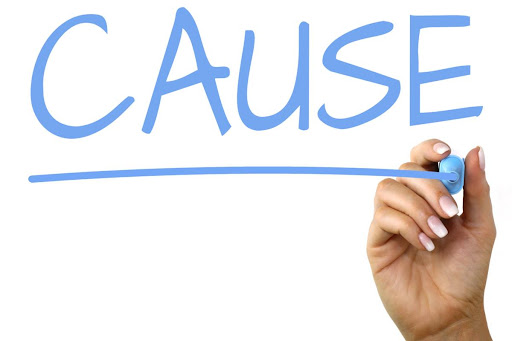
There are many reasons for high functioning depression as well:
Genetics
People who have a first-degree relative, such as a parent or sibling, with major depression are at increased risk for high functioning depression. If you can trace your family tree back several generations and notice that almost everyone struggled with some type of mood disorder over the course of their lives, it may be helpful to explore whether there is any genetic component to this pattern.
Stressful Events
Life events that are especially stressful can contribute to high functioning depression. This may include a death in the family, a job loss, or a divorce.
Chemical Imbalance
It is believed that chemical imbalances in the brain may be partially responsible for high functioning depression. Furthermore, serotonin and norepinephrine are two neurotransmitters that have been linked with mood disorders.
Medications
Some medications can contribute to feelings of depression. For example, steroids and some blood pressure medications have been linked with mood changes that may lead to low energy, sadness, irritability, or other symptoms associated with high functioning depression.
Substance Abuse
People who struggle with substance abuse may be at increased risk for high functioning depression. Drug and alcohol use can alter the way neurotransmitters function in the brain, which may increase feelings of sadness or irritability.
Diagnosis of High-Functioning Depression

The diagnosis of high-functioning depression requires that all of the following criteria be met:
- A depressed mood most of the day, nearly every day.
- At least four of the following symptoms must be present:
The medical professional will also look for signs that the person is able to function well in most areas of life. This includes having a job, being able to take care of oneself, and having supportive relationships.
There are different tests that can be used to determine if high-functioning depression is present. These may include the following:
Zung Scale
This questionnaire can measure the severity of depression symptoms.
Beck Depression Inventory (BDI)
The BDI is a test that measures how depressed a person feels. It includes 21 items, such as “I feel hopeless about the future” and “I have difficulty making decisions.”
Hamilton Rating Scale for Depression (HRSD)
The HRSD is used to measure the severity of depressive symptoms over time. It includes 17 items, such as “Insomnia or hypersomnia nearly every day” and “Pessimism about the future.”
Treatment of High-Functioning Depression
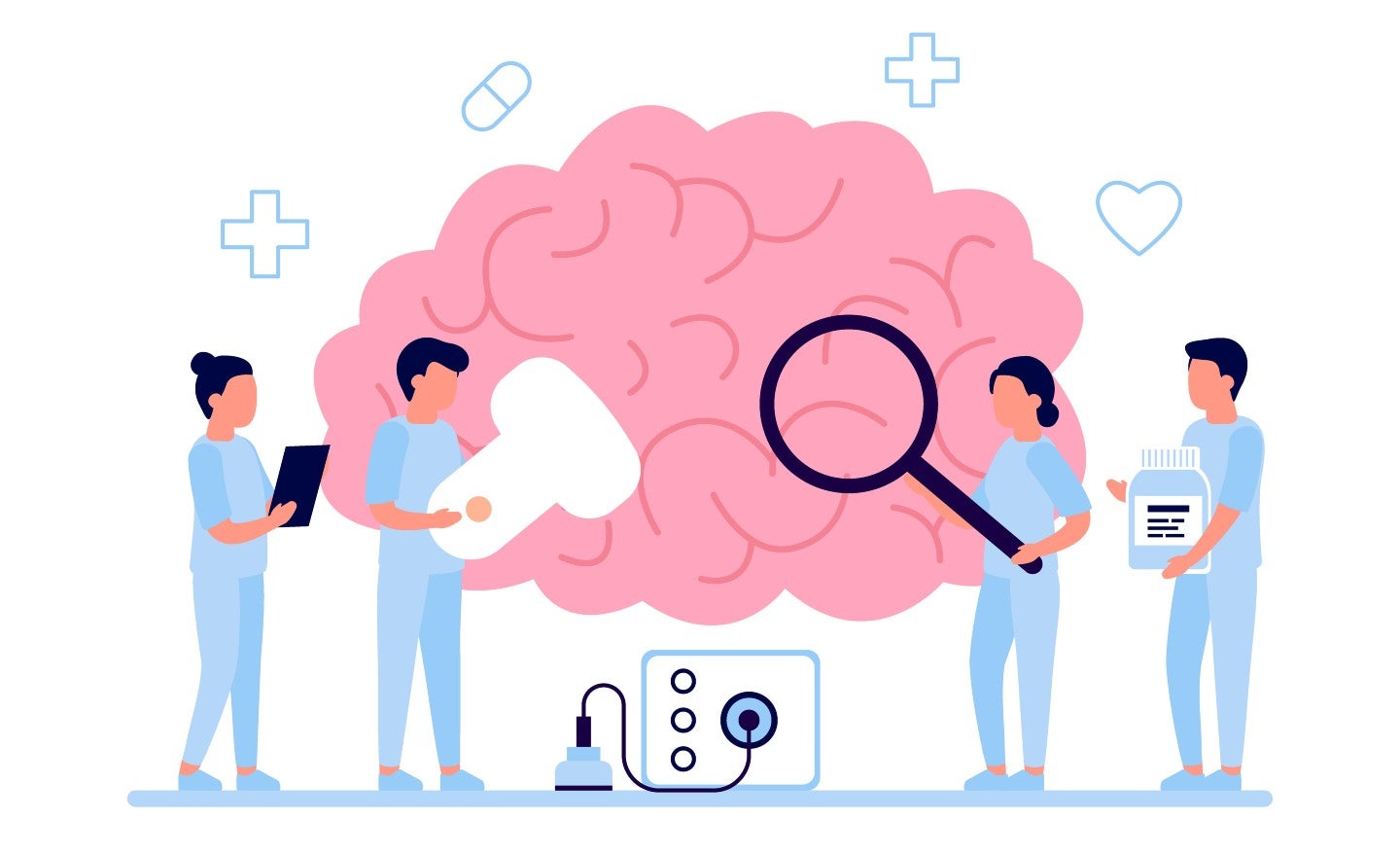
There are many different treatment options available for this type of depression. These may include the following:
Cognitive Behavioral Therapy (CBT)
This type of therapy works to change how a person thinks and acts, which can improve mood symptoms. CBT is often paired with antidepressants or other medications that target mood disorders. This combination has been found to be very effective in treating both depressive symptoms and feelings of hopelessness.
Medication
Some people do not respond well to traditional types of antidepressant medication such as SSRIs (selective serotonin reuptake inhibitors). Monoamine oxidase inhibitors (MAOIs), antipsychotics, tricyclic antidepressants, and atypical antidepressants are alternative choices that work on neurotransmitters in the brain to help reduce depressive symptoms.
Self-Help and Coping Skills
Many people find it helpful to learn new ways of coping with life stresses and difficult emotions, such as practicing mindfulness or breathing exercises on a daily basis. There are many resources available that can teach individuals how to develop coping skills for depression. Support groups may also be beneficial in helping patients feel less isolated while they take steps toward recovery from high-functioning depression.
Treatment will depend heavily upon the severity of the person’s disorder, their response to treatment so far, what other mental health concerns are present (such as anxiety), any coexisting medical conditions that need attention, etc. It is important that each individual seek out care through a provider who has experience in diagnosing and treating high-functioning depression.
Conclusion
People with high functioning depression may have a different brain function than those without. This has been shown in tests and is backed up by neuroscience research. It’s not the same as other forms of depression, such as bipolar disorder or clinical anxiety disorders where people experience periods of mania and lows; this type focuses on day-to-day living for reasons that aren’t clear yet. The treatments available are similar to those used for any other form of depression, but they might be more difficult to diagnose due to their unique traits. -How it affects your life: High functioning depression can take away from daily tasks like work or school because you don’t feel motivated enough to do them well.
For more information, please contact MantraCare. Depression is a mental illness characterized by persistent feelings of sadness, hopelessness, and loss of interest in daily activities. If you have any queries regarding Online Depression Counseling experienced therapists at MantraCare can help: Book a trial Depression Therapy session
